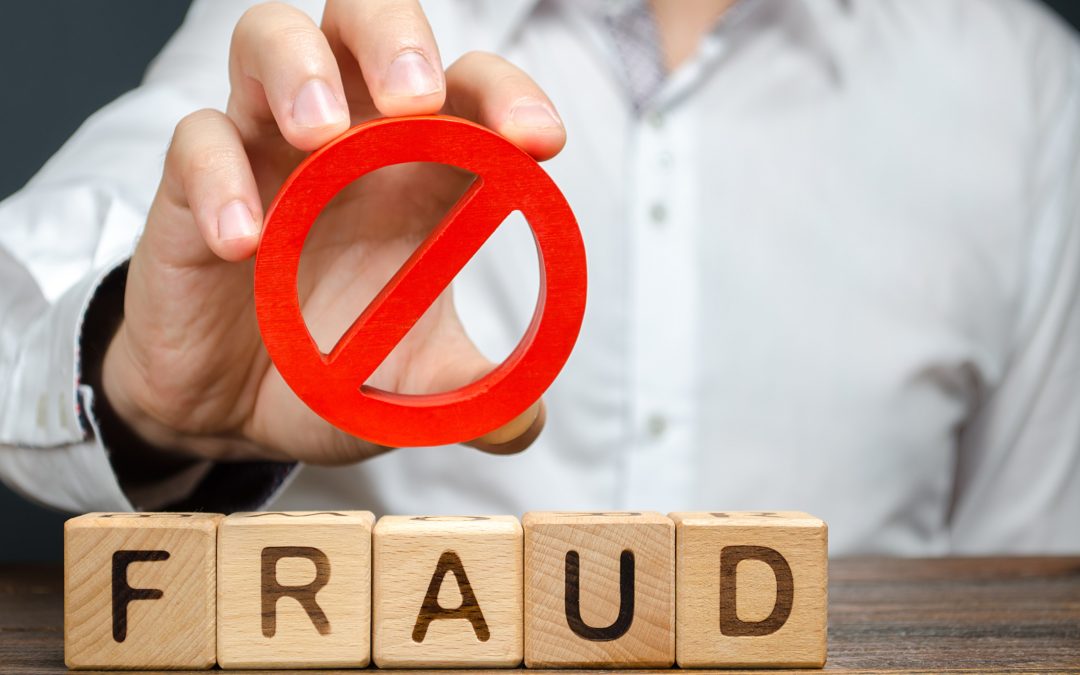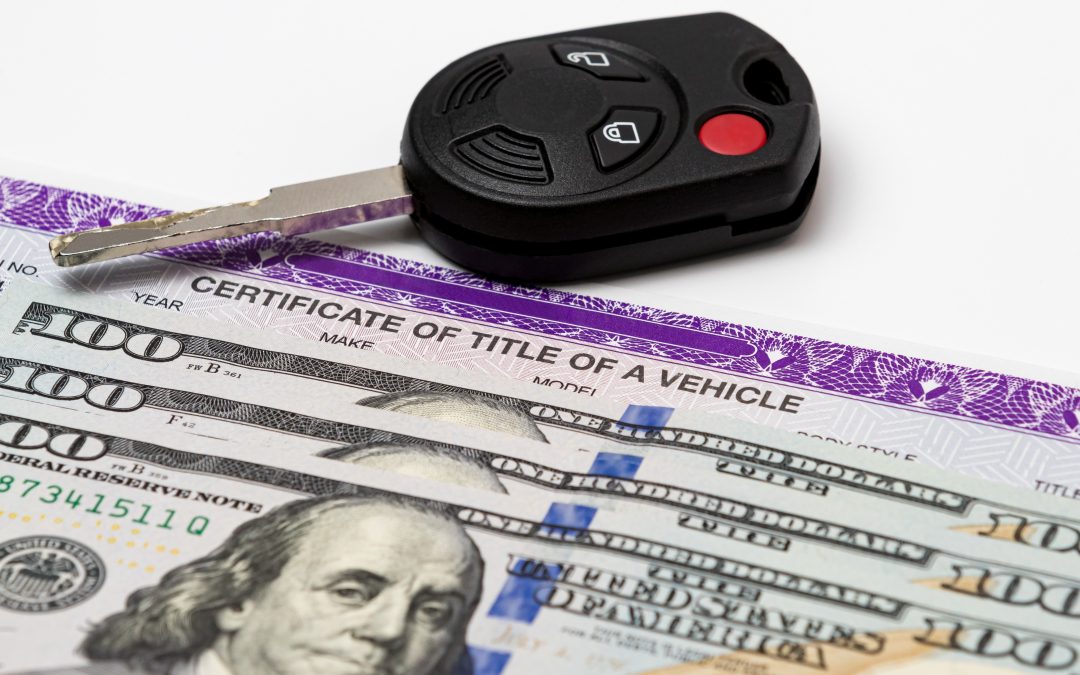
Can I file for bankruptcy if I am the victim of fraud?
There are numerous types of fraud that can occur. We have seen situations where another person uses your social security number to file taxes to obtain a tax refund or uses your personal information or to get a credit card in your name.
Sometimes people don’t know this has happened until the IRS notifies them that a tax return has already been filed under their social security number or they pull a credit report and notice that there are credit lines on the report that they have never taken out. In that case you would need to contact the FBI and social security office. In extreme cases, it might require you to re-issue another social security number. Other types of fraud scams occur when a party asks you to send them money or gift cards in exchange for an investment opportunity.
The same situation happens on dating websites when someone starts asking for funds. People take out credit lines of tens of thousands of dollars, then the person disappears with their money never to be heard from again.
Usually, it’s difficult to apprehend these criminals to get reimbursed which leaves no other option other than filing for bankruptcy to eliminate the debt. Fortunately, bankruptcy is an option.
However, it is recommended that you attempt to make payments to the best of your ability for several months to a year to show you made a good faith effort to pay on it prior to filing your bankruptcy case so the creditor does not object.








